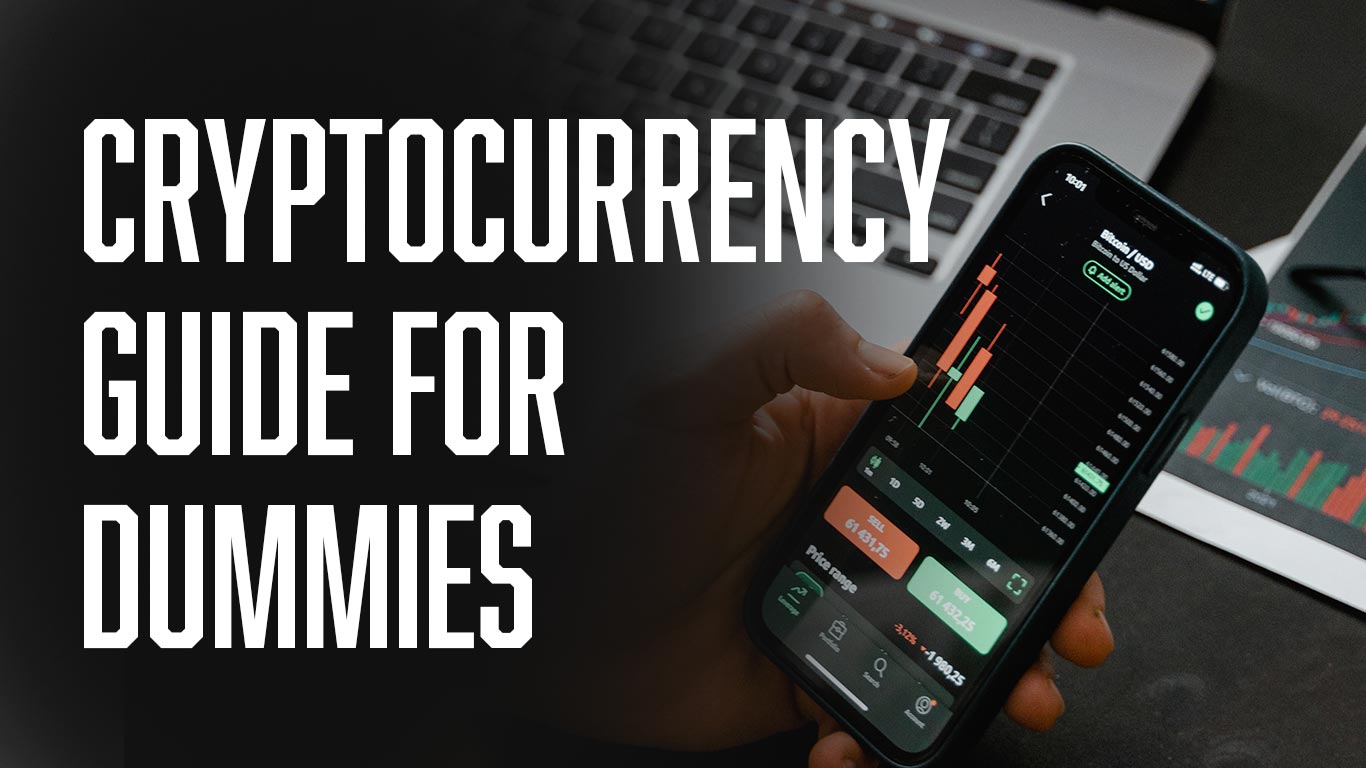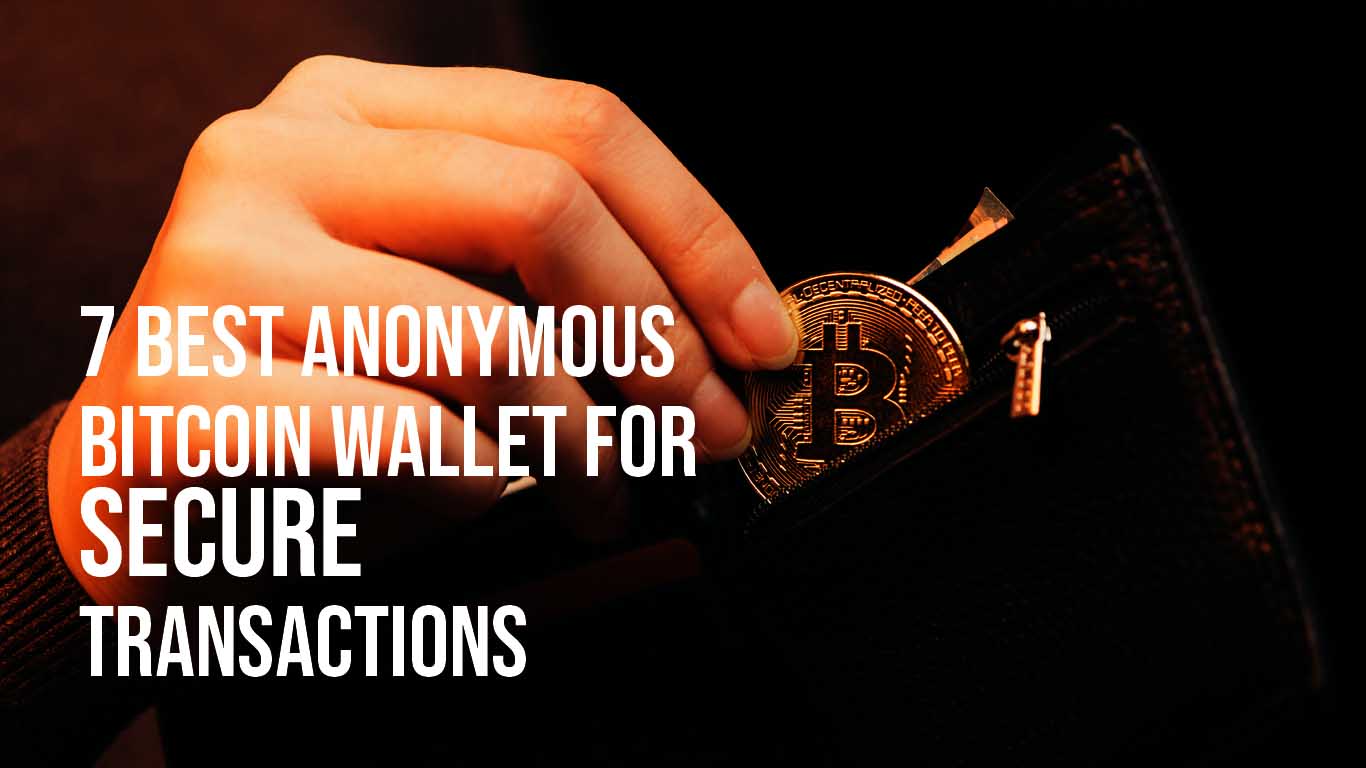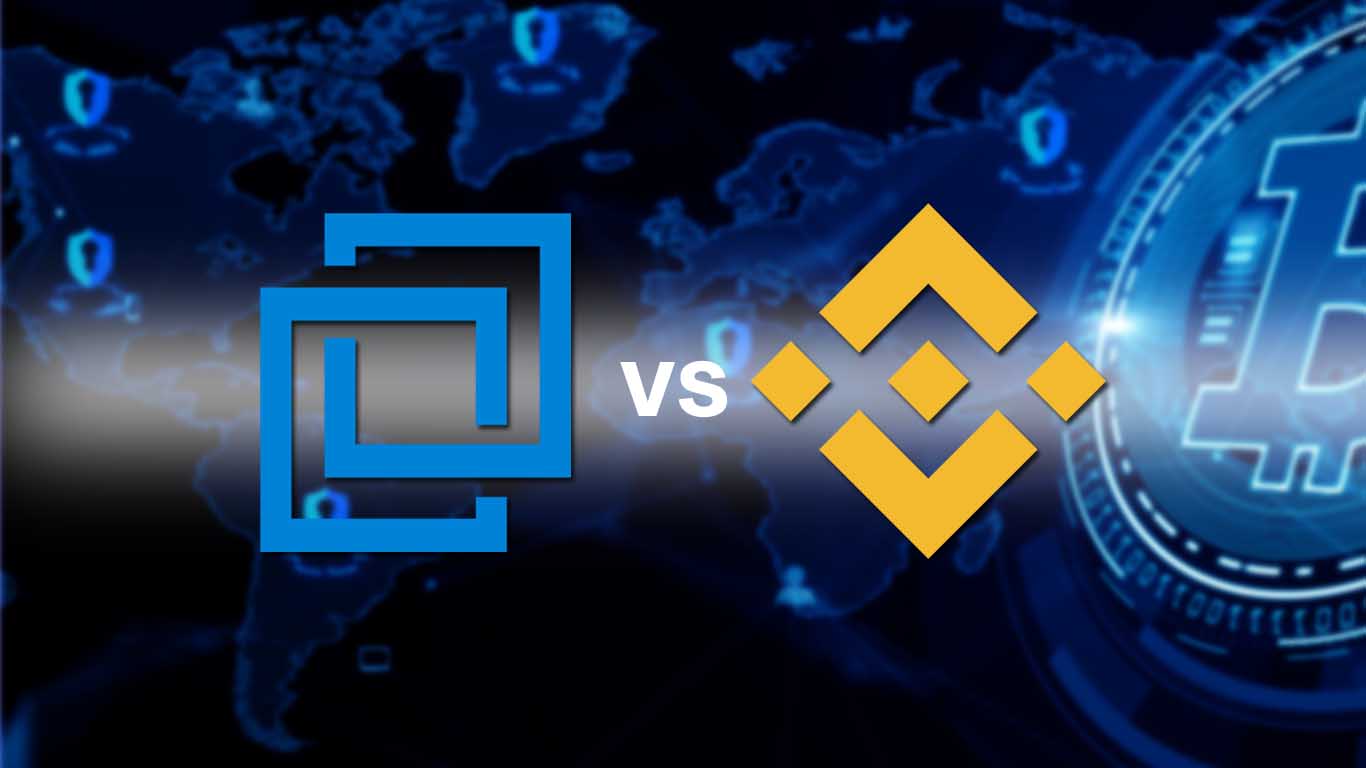The IDEX Exchange represents a novel paradigm in the crypto trading sphere, blending the efficiency and user-friendly aspects of centralized platforms with the trustless and security-focused nature of decentralized exchanges. This guide aims to provide beginners with a comprehensive understanding of IDEX, its unique hybrid approach to trading, and the pivotal role of its native token. As the crypto landscape continues to evolve, IDEX stands out by offering features such as low latency trades, integration with Ethereum, and incentives for token holders, all of which are crucial for users navigating this dynamic market.
Key Takeaways
- IDEX is a hybrid decentralized exchange built on Ethereum, offering a blend of centralized and decentralized trading features.
- Users can enjoy low fees, simultaneous transactions, and the ability to purchase cryptocurrency with fiat through Wyre.
- The native IDEX token plays a central role in the exchange ecosystem, offering staking rewards and influencing price movements.
- IDEX provides robust security measures, smart contract infrastructure, and supports Ethereum and EVM-compatible assets exclusively.
- With a focus on innovation, IDEX is poised for future growth through platform enhancements, strategic partnerships, and expansion in the DEX landscape.
Exploring the IDEX Exchange: A Hybrid Approach to Crypto Trading
The Fundamentals of IDEX
IDEX represents a new wave in cryptocurrency trading, offering a hybrid exchange that merges the efficiency of centralized platforms with the security and autonomy of decentralized models. Built on the Ethereum network, IDEX facilitates real-time trading through a combination of order books and automated market makers (AMMs).
- Hybrid exchanges like IDEX are designed to provide enhanced security, liquidity, and user control. They aim to address the inherent challenges faced by purely centralized or decentralized platforms.
- Despite its innovative approach, IDEX, like other hybrid platforms, must navigate the complexities of regulatory compliance and trust issues that are prevalent in the crypto space.
IDEX’s infrastructure is tailored to empower the next generation of decentralized applications (DApps), making it a pivotal player in promoting financial inclusion through cryptocurrency exchanges.
With features such as low fees, the ability to open multiple trades simultaneously, and customer support through live chat, IDEX is committed to providing a seamless trading experience. Its focus on Ethereum and EVM-compatible assets, however, means that users looking for a broader range of cryptocurrencies may need to look elsewhere.
Comparing Centralized and Decentralized Features
When venturing into the world of cryptocurrency trading, one must understand the fundamental differences between centralized exchanges (CEX) and decentralized exchanges (DEX). Centralized exchanges are akin to traditional stock markets, offering a familiar interface, higher liquidity, and customer support, but they also come with increased security risks due to the custody of assets.
Decentralized exchanges, on the other hand, champion autonomy and peer-to-peer transactions. They typically feature a wider selection of cryptocurrencies and are resistant to censorship. However, they often have lower liquidity and might be more complex for new users.
The choice between CEX and DEX depends on the trader’s priorities, whether it’s the ease of use and security of a CEX or the autonomy and innovation of a DEX.
Here’s a quick comparison:
- CEX: High liquidity, user-friendly, higher security risks, custody of assets.
- DEX: Autonomy, peer-to-peer, wider selection of coins, lower liquidity.
Executing Trades and Managing Assets on IDEX
IDEX offers a seamless trading experience, allowing users to execute trades with the efficiency of centralized exchanges while maintaining the security and control of a decentralized platform. Executing multiple transactions simultaneously is a standout feature, which is particularly beneficial for traders looking to capitalize on market movements quickly.
To manage assets on IDEX, users must first deposit their funds into the exchange’s smart contract. This process ensures that while trading, the assets are securely held and only moved according to the user’s commands. Here’s a simple breakdown of the steps involved:
- Connect your Ethereum wallet to IDEX.
- Deposit the cryptocurrency you wish to trade into the IDEX smart contract.
- Execute your trades on the platform.
- Withdraw your funds back to your wallet when you’re ready.
The fee structure on IDEX is competitive, with maximum fees capped at 0.25%. This low fee model, combined with the ability to open multiple trades at once, makes IDEX an attractive option for traders. However, it’s important to consider the trade-offs between using a single platform like IDEX and the potential benefits of using multiple crypto trading platforms for a wider range of coins and features.
Navigating the IDEX User Experience


Creating an Account and Linking Wallets
To begin trading on IDEX, users must first create an account and link their cryptocurrency wallets. Creating an account is straightforward and involves providing an email address and setting a secure password. Once the account is set up, the next critical step is to link a wallet.
Linking a wallet to IDEX is essential for executing trades and managing assets. Users can choose from various wallet options, such as hardware wallets for enhanced security or software wallets for convenience. Here are the general steps to link a wallet to IDEX:
- Navigate to the wallet section on IDEX.
- Select ‘Link New Wallet‘ and choose the wallet type.
- Follow the wallet-specific instructions to complete the linking process.
Remember, always keep your seed phrases and private keys secure to prevent unauthorized access to your funds.
After successfully linking a wallet, users can deposit funds and start trading. It’s important to note that IDEX supports Ethereum and EVM-compatible assets, so ensure your wallet supports these before proceeding.
Understanding the Fee Structure
When selecting a crypto exchange, one of the most critical factors to consider is the fee structure. IDEX employs a transparent and competitive fee model that is designed to facilitate efficient trading while maintaining the platform’s integrity. Users are charged a fee for each trade they execute, which is a standard practice across the industry.
Here’s a brief overview of the fee structure on IDEX:
- Maker fees: Charged when you add liquidity to the market by creating a limit order that doesn’t fill immediately.
- Taker fees: Incurred when you remove liquidity from the market by filling an order that’s already on the order book.
The fee tiers on IDEX are designed to incentivize market participation and liquidity provision. As trading volume increases, traders can benefit from lower fees, aligning the interests of the exchange with those of its users.
It’s important to balance the cost of trading with the features and security offered by the exchange. Staying informed on market trends and understanding the nuances of each platform’s fee policy can significantly impact your trading experience and profitability.
Utilizing Customer Support and Live Chat
For those new to the world of cryptocurrency exchanges, navigating customer support can be as crucial as understanding the trading platform itself. IDEX recognizes this and offers a variety of support options to ensure users can find help when they need it.
- FAQs provide quick answers to common questions.
- The Help Center is a more comprehensive resource for detailed guidance.
- Direct email support ([email protected]) is available for personalized assistance.
IDEX’s commitment to user support is evident in its multi-tiered approach, catering to both novice and experienced traders alike.
It’s important to remember that choosing the right exchange is not just about the trading features, but also about the security and ease of use, which includes accessible customer support.
IDEX Tokenomics: Understanding the Native IDEX Token


The Role of IDEX Token in the Exchange
The IDEX token serves as the backbone of the IDEX exchange, a platform that has carved out a unique niche by offering a hybrid trading experience. The token is integral to the exchange’s ecosystem, providing users with various benefits and functionalities that enhance the trading experience.
- Utility: The IDEX token is used to pay for trading fees on the platform, offering a discount to those who use it, thereby incentivizing its adoption and circulation.
- Governance: Token holders have the opportunity to participate in the governance of the exchange, influencing decisions and future developments.
- Rewards: By staking IDEX tokens, users can earn a portion of the exchange’s trading fees, aligning the interests of the token holders with the success of the platform.
The IDEX token not only facilitates a more efficient and cost-effective trading environment but also empowers its holders with a stake in the platform’s future. This dual role bolsters the exchange’s commitment to a decentralized yet user-friendly trading experience.
Price Movements and Market Performance
The IDEX token (IDEX) has shown volatility in its price movements, reflecting the dynamic nature of the cryptocurrency market. The live IDEX price today is $0.09 USD with a 24-hour trading volume of $132.24K USD. This real-time data is crucial for traders who need to make informed decisions based on the latest market performance.
The IDEX token’s market performance is a key indicator of the exchange’s health and investor sentiment.
Understanding the historical chart history and price trends can help investors identify patterns and make predictions about future price movements. Here’s a quick overview of IDEX’s recent market performance:
- Current Price: $0.09 USD
- 24-hour Trading Volume: $132.24K USD
- Market Cap: Data not provided
It’s important to note that the cryptocurrency market is highly unpredictable, and past performance is not indicative of future results.
Staking and Incentives for Token Holders
Staking on the IDEX exchange offers token holders a chance to actively participate in the network’s security and governance. By locking up IDEX tokens, stakeholders can earn rewards, often in the form of additional tokens or fee shares. This process not only incentivizes the holding of tokens but also contributes to the stability and efficiency of the platform.
The rewards for staking are proportional to the amount staked and the duration of the stake. This encourages long-term investment and aligns the interests of token holders with the health of the exchange.
- Indexers are crucial as they organize blockchain data and are rewarded for their services.
- Delegators support indexers by staking tokens, sharing in the success of their chosen indexer.
Staking on IDEX is designed to be a win-win for the exchange and the token holders. It secures the network and rewards participants, fostering a robust ecosystem.
The Technical Edge: IDEX’s Unique Selling Propositions


Simultaneous Transactions and Low Latency
IDEX’s architecture is designed to facilitate simultaneous transactions with low latency, setting it apart from many other decentralized exchanges. This is achieved through a unique combination of off-chain order matching and on-chain settlement, ensuring that users can execute trades quickly and efficiently.
- Off-chain order matching allows for real-time trade execution without waiting for blockchain confirmations.
- On-chain settlement ensures that the finality and security of trades are maintained.
The result is a trading experience that is both fast and secure, catering to the needs of traders who require quick response times without compromising on the decentralized nature of the exchange.
The ability to provide liquidity where it matters most enhances the efficiency of capital usage and ensures a smoother trading experience for all participants.
Integration with Ethereum and EVM-Compatible Assets
IDEX’s integration with Ethereum and EVM-compatible assets is a cornerstone of its functionality, allowing for a wide range of cryptocurrencies to be traded on the platform. The exchange leverages the Ethereum blockchain’s smart contract capabilities to facilitate secure and efficient transactions.
- Ethereum’s open protocols ensure transparency and accessibility, vital for trust in the trading environment.
- The composability of Ethereum allows for the creation of complex financial instruments, expanding the possibilities for traders on IDEX.
- IDEX supports various lending and borrowing protocols built on Ethereum, such as Compound and Aave, enhancing its utility.
IDEX’s architecture is designed to be forward-compatible with emerging Ethereum standards, such as ERC4337, ensuring that the platform remains at the forefront of blockchain innovation.
The integration not only provides robust security but also ensures that IDEX stays relevant in the rapidly evolving DeFi landscape. By embracing the principles of decentralized finance, IDEX is contributing to a more democratized and equitable financial system.
Security Measures and Smart Contract Infrastructure
The security of users’ assets and information is a paramount concern for IDEX, which employs a robust smart contract infrastructure to ensure the integrity of the platform. Advanced authentication methods, including biometric login, are integrated to provide a secure and seamless user experience.
- Two-factor authentication (2FA) enhances account security, mitigating the risk of unauthorized access.
- Cold storage solutions are utilized to safeguard a majority of the digital assets, reducing exposure to potential online threats.
- The use of security chips in wallet infrastructure, such as JoyIDWallet, adds an additional layer of protection against vulnerabilities.
IDEX’s commitment to security is reflected in its continuous efforts to adopt innovative measures that align with the latest industry standards.
Choosing a cryptocurrency exchange is a multifaceted decision where security plays a critical role. IDEX’s infrastructure is designed to address the challenges of protecting both assets and information in the evolving landscape of decentralized finance.
The Future of Trading on IDEX: What’s Next?


Upcoming Features and Platform Enhancements
As IDEX continues to innovate within the crypto exchange landscape, users can anticipate a series of exciting new features and enhancements designed to streamline the trading experience. Key updates are expected to focus on user interface improvements, advanced trading tools, and expanded asset support.
- Enhanced security protocols to safeguard user assets
- Introduction of additional trading pairs and liquidity pools
- Upgraded matching engine for faster order execution
- Implementation of user-friendly tools for portfolio management
- Integration of educational resources to assist new traders
The commitment to continuous improvement ensures that IDEX remains at the forefront of the decentralized exchange space, offering a robust platform that caters to both novice and experienced traders alike.
IDEX’s Position in the Evolving DEX Landscape
As the crypto trading landscape continues to evolve, IDEX is carving out its niche by offering a unique blend of centralized and decentralized features. This hybrid approach positions IDEX distinctively among its peers, catering to traders who seek the efficiency of centralized exchanges with the security and autonomy of a DEX.
IDEX’s commitment to innovation is evident in its recent developments. The launch of the new $IDEX Token 2.0 is a strategic move to enhance its ecosystem incentives, including Market Maker rewards and trading rewards, which are crucial for maintaining a competitive edge.
IDEX’s hybrid model is not without its critiques. Some purists in the crypto community argue that the platform’s centralized components dilute the decentralized ethos. However, IDEX’s ability to execute multiple transactions with low latency and fees continues to attract a broad user base.
The platform’s focus on Ethereum and EVM-compatible assets, while currently a limitation for some, is also a strategic choice that aligns with the growing trend of interoperability within the blockchain space. As IDEX continues to develop trader-focused features and expand its offerings, it remains a significant player in the DEX market.
Strategic Partnerships and Expansion Plans
IDEX is actively pursuing strategic partnerships and expansion plans to solidify its position in the competitive crypto exchange landscape. Crypto exchanges are evolving revenue models with new income avenues and premium services, adapting to trends such as diversification, a focus on user experience, and market expansion to ensure long-term success.
The exchange has outlined a multi-faceted approach to growth, which includes:
- Collaborating with established financial entities to broaden market reach.
- Engaging with emerging Web3.0 ventures to stay at the forefront of innovation.
- Expanding its services to include NFT marketplaces and token launch platforms.
- Implementing educational initiatives to attract and retain a diverse user base.
IDEX’s commitment to these strategies is expected to drive its evolution from a mere trading platform to a comprehensive ecosystem encompassing various aspects of the digital asset economy.
Conclusion
As we have explored throughout this guide, IDEX stands out as a unique hybrid exchange that merges the benefits of centralized and decentralized platforms. With its low fees, ability to handle multiple transactions simultaneously, and customer support through live chat, IDEX offers a compelling option for traders who value the ethos of decentralization but also appreciate the efficiencies of centralized exchanges. While it currently supports Ethereum and EVC-compatible assets only, its performance as a top gainer in the crypto market indicates a growing interest and potential for expansion. Whether you’re a seasoned trader or just starting out, understanding the intricacies of IDEX is crucial in navigating the evolving landscape of cryptocurrency exchanges.
Frequently Asked Questions
What is IDEX and how does it work?
IDEX is a decentralized exchange (DEX) built on the Ethereum blockchain that combines the efficiency of centralized exchanges with the security and privacy of decentralized platforms. It features order books, automated market makers (AMMs), and allows users to execute multiple transactions simultaneously with low latency.
How does IDEX’s hybrid approach differ from other exchanges?
IDEX’s hybrid approach offers a blend of centralized and decentralized features. It provides the speed and user experience of a centralized exchange while maintaining the security and non-custodial aspect of a decentralized exchange, allowing users to have control over their funds.
What are the fees associated with trading on IDEX?
IDEX charges up to 0.25% in trading fees, which is relatively low compared to other exchanges. These fees contribute to the operational costs and further development of the platform.
Can I buy cryptocurrency with fiat on IDEX?
Yes, IDEX allows users to buy cryptocurrency with fiat currency through integration with Wyre, a service that facilitates fiat-to-crypto transactions.
What is the IDEX token, and what are its uses?
The IDEX token is the native utility token of the IDEX exchange. It is used for various purposes within the platform, including staking, earning rewards, and participating in governance. The token has seen significant price movements and can be traded like other cryptocurrencies.
What kind of customer support does IDEX offer?
IDEX provides customer support through live chat, offering real-time assistance to users who need help navigating the platform or encountering any issues.






